ran launched a massive missile strike on Israel on the evening of Tuesday, October 1st. According to Israeli military sources, around 180 missiles were fired, while Tehran claims the number was closer to 400. Iran justified the attack as retaliation for the recent killing of Hezbollah and Hamas leaders in strikes on Beirut and Tehran, for which Iran holds Israel responsible.
Rear Admiral Daniel Hagari, spokesperson for the Israeli Defense Forces (IDF), stated that while some missiles reached central and southern Israel, the number of casualties was minimal.
A Pentagon official told CNN that U.S. Navy destroyers Arleigh Burke, Cole, and Bulkeley participated in the defense against the Iranian missile strike. The Iranian Revolutionary Guard Corps (IRGC) confirmed that the attack was in response to the assassination of Hezbollah leader Hassan Nasrallah and Hamas head Ismail Haniyeh. Iran’s Supreme Leader, Ayatollah Ali Khamenei, vowed further strikes against Israel, while Iranian President Masoud Pezeshkian declared that Iran had shown only a fraction of its capabilities and stood ready to defend its interests.
This scenario reinforces the assessment that the Iranian president is reluctant to escalate the situation in the Middle East and has differences with the IRGC regarding military operations in the region. We also believe that the IRGC lacks sufficient influence within Iran’s political apparatus to act independently of the Supreme Leader’s authority.
It appears the IRGC convinced Ayatollah Khamenei that a strike on Israel was the only course of action if Iran wanted to project strength. The IRGC is trying to restore trust among members of the so-called “axis of resistance,” who are increasingly doubting Iran’s and its regional allies’ power. The results of the attack support this view: the chaotic missile strike caused minimal damage and highlighted Iran’s vulnerabilities, leaving Tehran in a precarious position and giving Israel more leeway for future actions. Israel has already eliminated one of Iran’s key proxies, Hamas, and is now moving to neutralize Hezbollah, Tehran’s most valuable asset.
The missile strike also underscored the complexities in Iran’s relationship with Moscow. Iran reportedly warned several countries about the impending strike on Israel, but Russia was not among the first to be informed. Additionally, Iran has imposed restrictions on the use of some weapons it previously supplied to Russia for the war in Ukraine, particularly ballistic missiles. This raises doubts about Iran’s capacity for further attacks in the near term, casting uncertainty on IRGC’s threats of continued retaliation.
The elimination of Hezbollah leader Hassan Nasrallah and several senior figures from the organization was reportedly facilitated by intelligence provided by Russia, with direct approval from Russian leadership. According to unconfirmed reports, the information was transferred via Russia’s Foreign Ministry, with the involvement of Foreign Minister Sergey Lavrov.
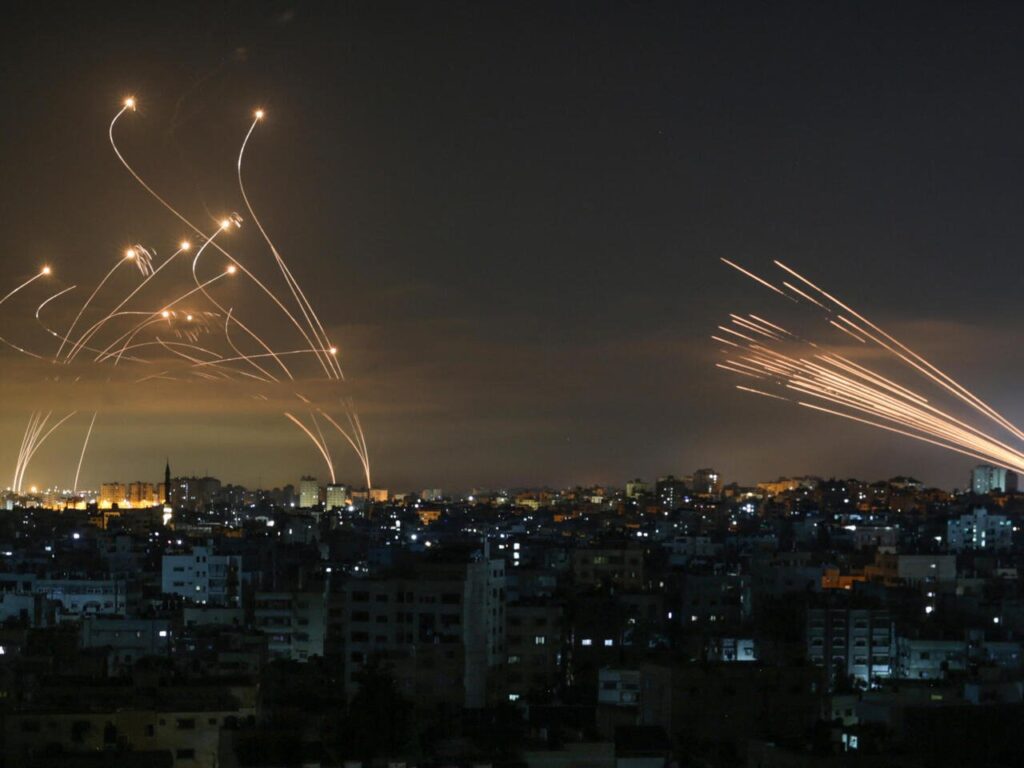
More on this story: Russia to further encourage Iran-Israel conflict
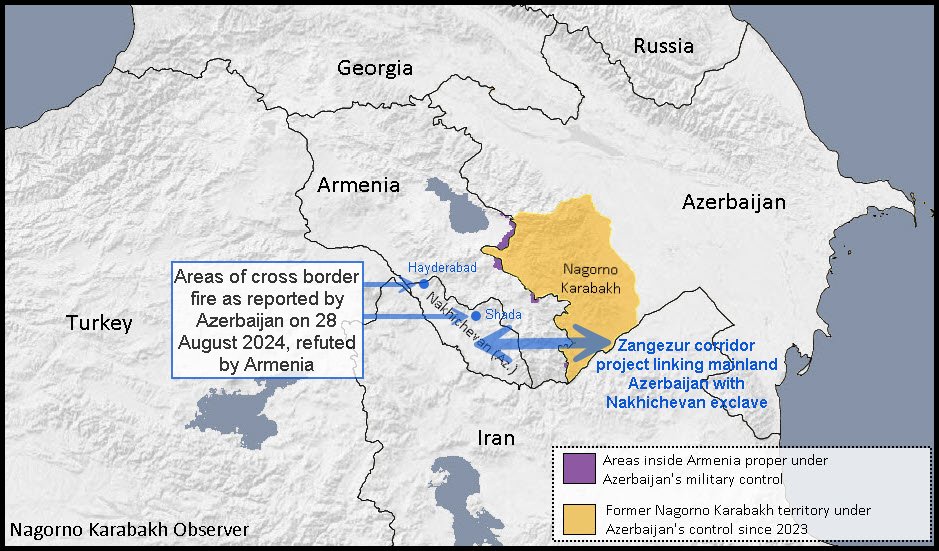
More on this story: Russia Unwilling to Defend Iran’s Interests Despite Strategic Use

Despite its close ties with Iran and its proxies, Moscow currently has little interest in seeing Iran involved in a full-scale conflict in the Middle East,only as it would cut off Iranian arms supplies to Russia. Tehran itself is likely not interested in a war with a nuclear state, as it risks its own survival. Israel, in turn, is expected to refrain from a direct invasion of Iranian territory, likely opting for targeted strikes and the continued weakening of Iran’s proxies.
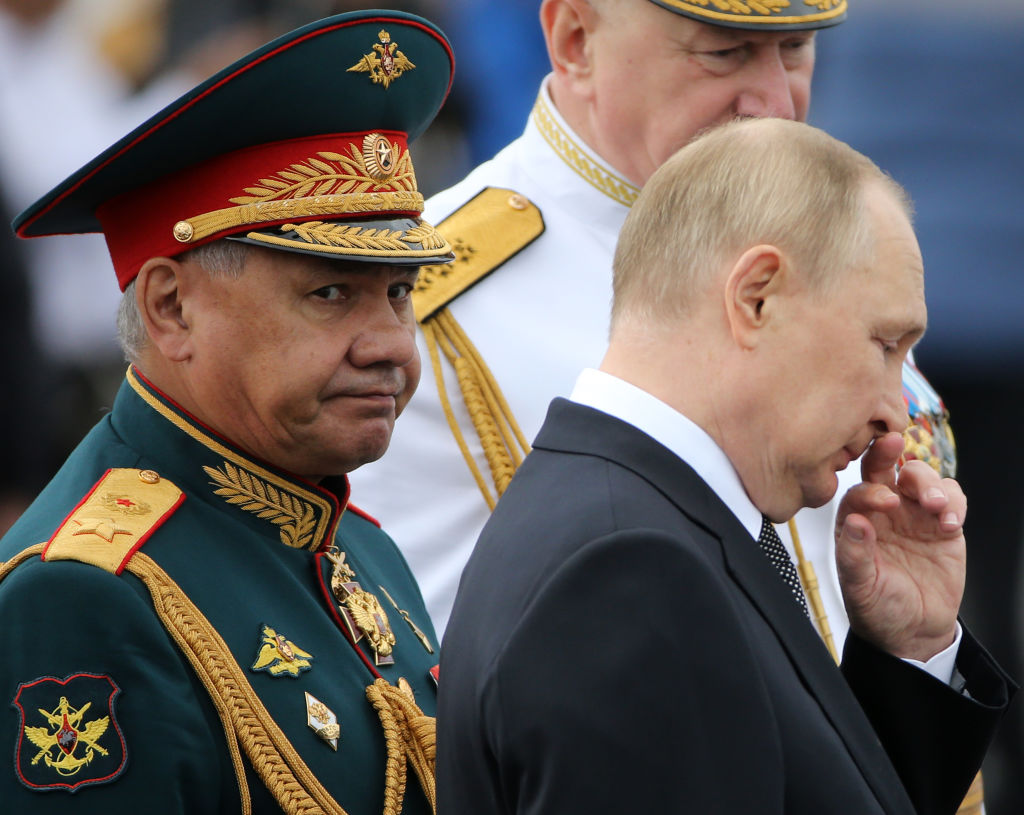
Russian leadership believes Hezbollah will be unable to sustain a prolonged conflict with Israel, and that Iran will not take significant action until Hezbollah’s new leadership has consolidated power—a process expected to take several months.
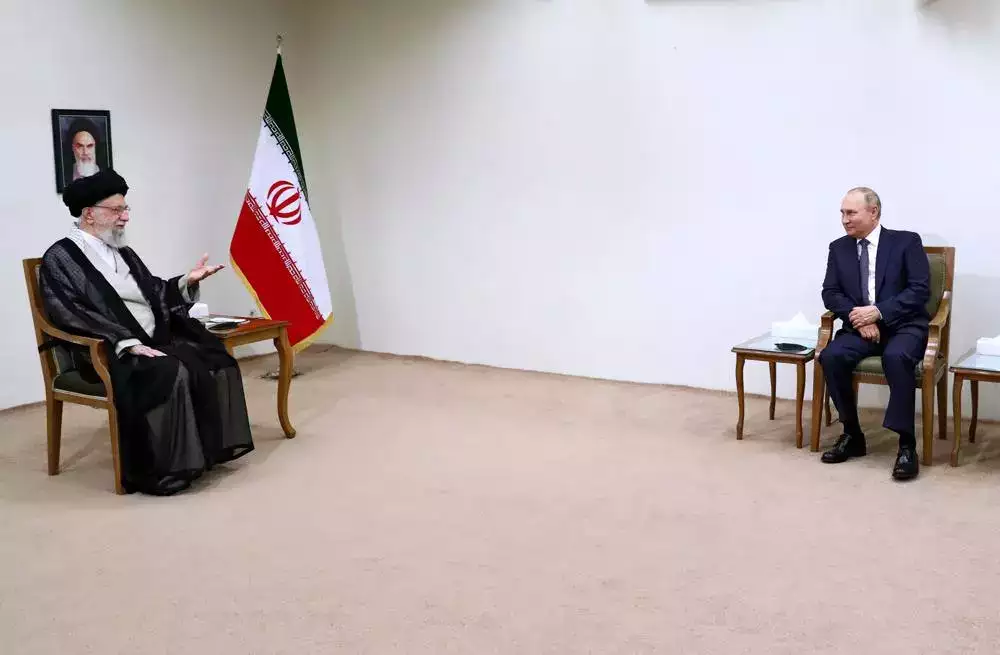
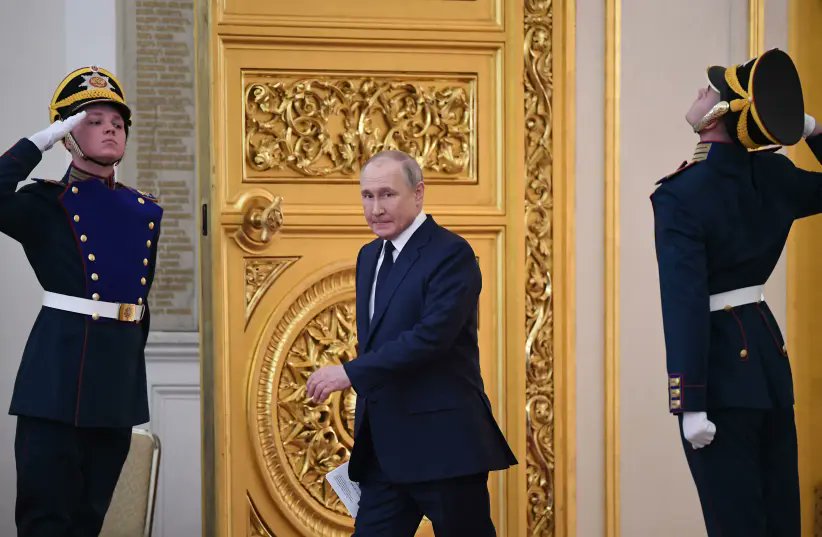
More on this story: Russian extensive influence campaign in Israel


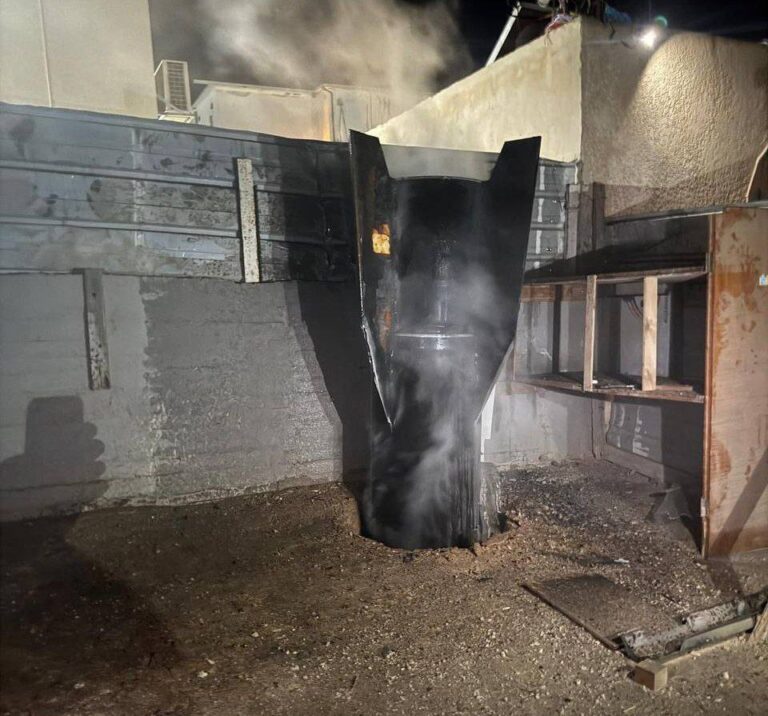

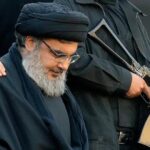
Pingback: Resilience of Hezbollah after Nasrallah’s assassination - Robert Lansing Institute